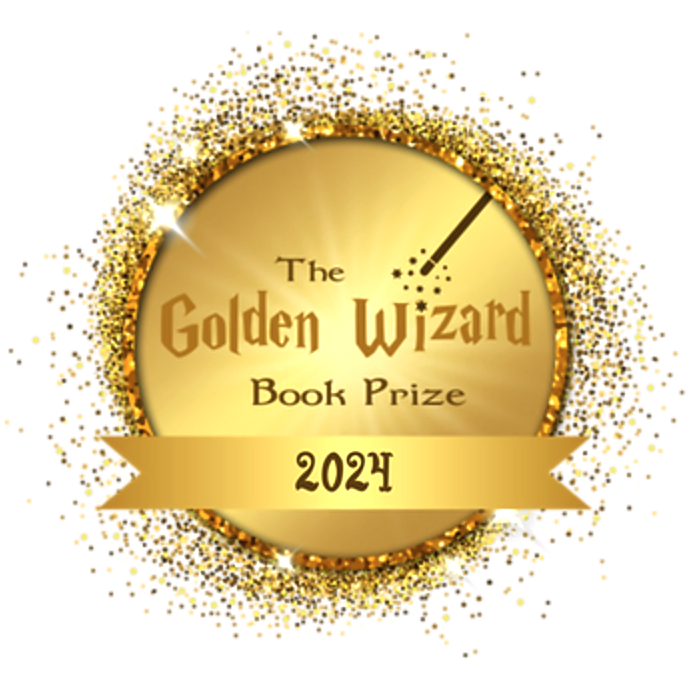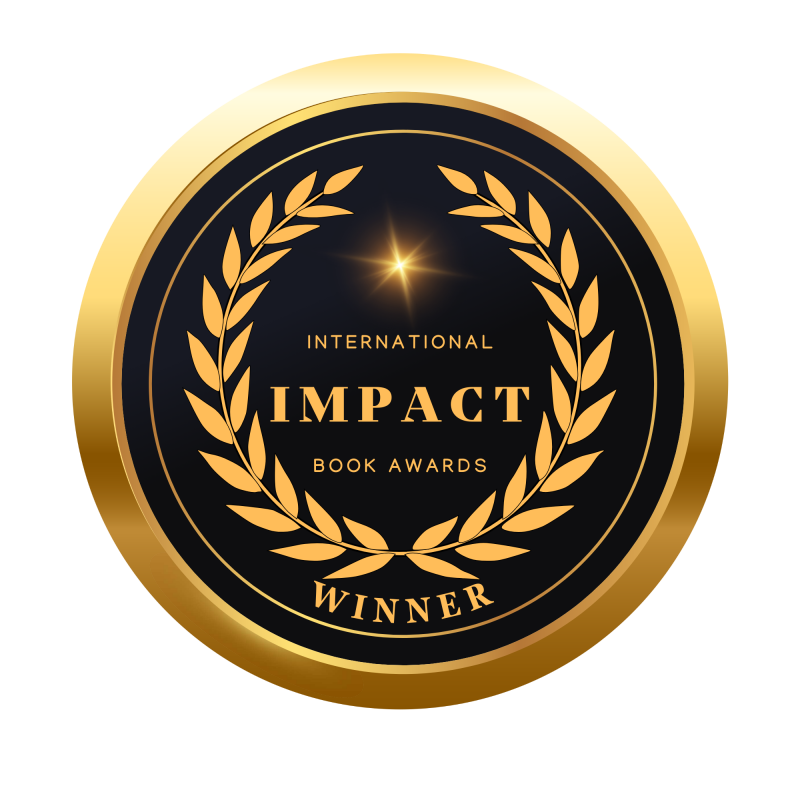After four years of dodging COVID, we finally succumbed. It’s a nasty virus and, after two weeks in bed, I’m just starting to be able to write again.
I did read a few books while sick, and I wasn’t fond of any of them! I didn’t find the characters interesting, and the storylines were boring, and frankly I didn’t see a point in the narrative. There were too many names and characters all introduced up front and I couldn’t keep track of who was who and why I should care. Given how I felt, I can’t leave reviews — I was in the wrong frame of mind.
But it was interesting in retrospect. All readers are different. It’s not only our abilities, it’s our cultural backgrounds, our language skills, our availability to read at times when we are able to process information easily, our time in general. There are readings that are just like candy — fun and delicious. And there are those that are “good for you.” And, of course, there are books and articles that we read for professional advancement. All require different support structures to make the reader’s task easier. Indexes, bibliographies, just-in-time lookups, dictionaries, note taking, etc. are all aides that can make the task of reading easier, especially in a digital form. And there are the tricks of the trade. As a writer, my job is to introduce information in a timely and memorable way while telling an entertaining and relevant story. That’s hard. But there are techniques that some authors use that make reading their stories more enjoyable. The telling of the story should never become a barrier to enjoying the story.
One technique I particularly like as a reader is when the names of the lead characters in a story start with a different letter of the alphabet. I figure that anything that makes it easier for me to read helps my readers, too.
If a character is reintroduced after an absence in a story, it helps to use a sentence to jog the reader’s memory as to who this character is and what her goals are. Nothing pulls one out of the story more than being lost in it. Little smooth reminders help.
Chaptering is a tool as well. A chapter is a “meal” — and has its own mini-arc. I think of them as consumable reading chunks. Giving chapters names can also help orient a reader; I find named chapters more helpful than just numbered ones.
After reading through a bunch of books I really didn’t enjoy (perhaps due to COVID), I’m now reading a strongly recommended book where 20,000,000 people die in the first few pages. And, yes, that’s the right number of zeros. I’m not convinced by this book yet; we will see how it goes. I’m over Covid now, but my sensitivity to reading material seems to persist.
 I’m happy to announce that we won The Golden Wizard Book Prize 2024 for our book Becoming Animals — a tour into animal cognition. It’s a story set in near future where military are investigating the use of human consciousness taking over animals’ minds. In the book, a sick child of a scientist working on this project opts to save herself by escaping her dying body and transferring her consciousness into a mind of another mammal. This premise has lots of opportunities for exploring the differences in thinking, feeling, and senses between humans and other animals. This story won many other awards over time, but it’s always great to be recognized again and allow new readers and fans to explore the ideas within.
I’m happy to announce that we won The Golden Wizard Book Prize 2024 for our book Becoming Animals — a tour into animal cognition. It’s a story set in near future where military are investigating the use of human consciousness taking over animals’ minds. In the book, a sick child of a scientist working on this project opts to save herself by escaping her dying body and transferring her consciousness into a mind of another mammal. This premise has lots of opportunities for exploring the differences in thinking, feeling, and senses between humans and other animals. This story won many other awards over time, but it’s always great to be recognized again and allow new readers and fans to explore the ideas within.
 One more award — Mirror Shards has earned an International Impact Book Award! It’s another story about a child born with a disability, spina bifida, and who is able to change his fate by hoping between multiple parallel universes. In some of those, the boy is fine but his mother is not. In others, he is bound in a wheelchair. Ultimately, it’s a story about different kinds of love and finding happiness. If you haven’t, I hope you check it out.
One more award — Mirror Shards has earned an International Impact Book Award! It’s another story about a child born with a disability, spina bifida, and who is able to change his fate by hoping between multiple parallel universes. In some of those, the boy is fine but his mother is not. In others, he is bound in a wheelchair. Ultimately, it’s a story about different kinds of love and finding happiness. If you haven’t, I hope you check it out.
Happy reading and stay well!
